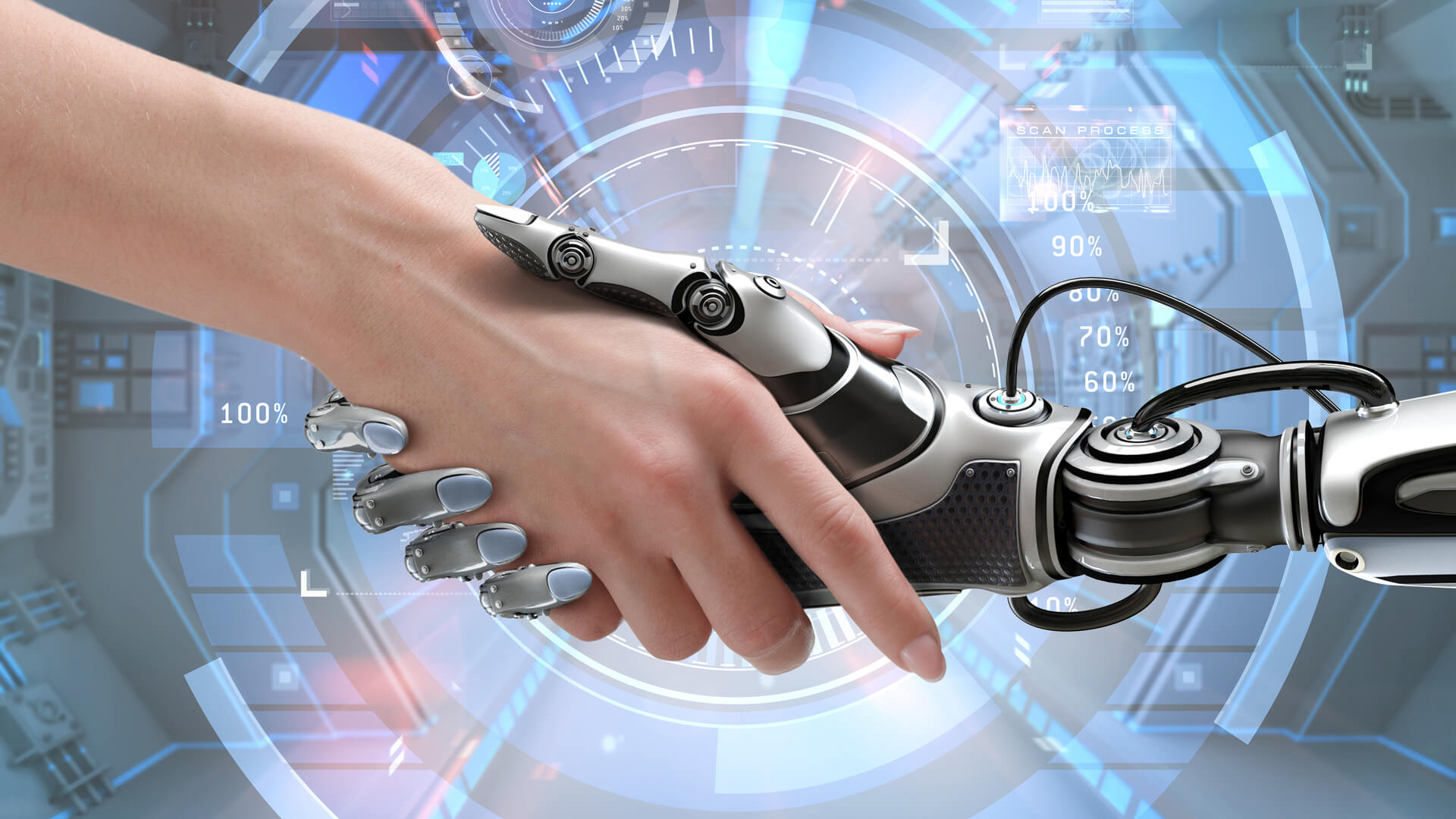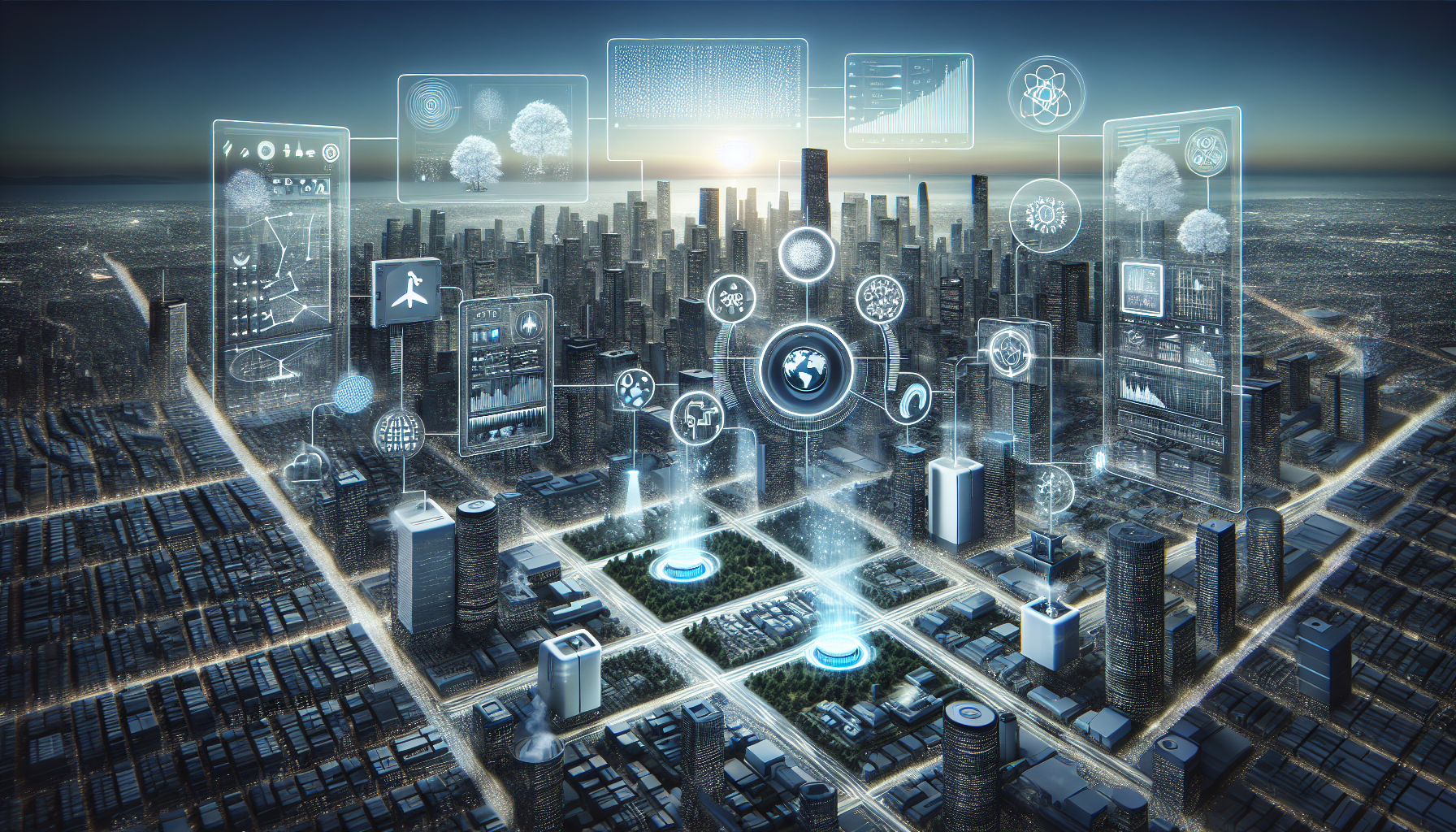
## Incorporating AI Technology into Air Purification Systems for Improved Urban Air Quality
### Introduction to AI in Air Purification
Smart cities lead in technological and environmental progress. In an age driven by artificial intelligence (AI), smart technology, and the Internet of Things (IoT), our capability to address urban air pollution is stronger than ever. This article delves into how AI is transforming air purification systems, delivering cleaner air for city residents.
### Evidence for Utilizing AI in Air Detection and Purification Systems
#### The Significance of Air Quality Data
A region’s air quality data is vital for building a smart city. By employing AI, air purification systems can improve data visualization and prioritize the elimination of critical pollutants. This approach is not just a technological trend but a necessity, as shown by numerous studies and legislative efforts for cleaner air.
#### Research and Predictive Models
Recent research has used predictive models based on machine learning and deep learning techniques to measure air quality. These models have successfully identified key contaminants like PM2.5, PM10, O3, and CO, while also understanding how weather patterns affect pollutant spread and density. This predictive ability allows experts to create more effective air purification equipment tailored to specific urban needs.
### Innovations in AI Air Purification for Smart Cities
#### LG’s AI-Integrated Air Conditioning Systems
Infrastructure planners have options for both new developments and retrofits. For example, LG has released the LG Whisen Objects Collection Tower, an AI-driven air conditioning system that adjusts its direction, wind strength, and temperature based on household activities and external conditions. It also includes an automatic sterilization function and an advanced filter to reduce allergens, adding considerable value to any smart city’s infrastructure.
#### Philips’ Advanced Air Purifiers
Philips has entered the competitive market with its Air Performer 7000 series. This air purifier addresses particulate matter, dust mites, mold, and harmful gases. The integration of AI provides users with deep insights into their home’s air quality, facilitating the identification and removal of specific pollutants.
### The Role of Smart Home Ventilation
#### The Impact of Indoor Air Quality on Urban Environments
Smart home ventilation plays a critical role in enhancing a city’s overall air quality. Much of the indoor air eventually escapes outside, contributing to urban air pollution. Effective ventilation systems can eliminate harmful pollutants like asbestos, lead, pesticides, radon, volatile organic compounds, and biological contaminants such as bacteria and pollen.
### Proof of a Positive Climate Impact
#### Improving Quality of Life and Decarbonization
AI-driven air purifiers can significantly enhance the quality of life for city dwellers while aiding in decarbonization initiatives. Urban areas, often referred to as heat islands, rapidly disseminate pollutants. By using AI-powered indoor air quality sensors, manufacturers and industries can monitor and report their progress in air purification efforts.
#### Supporting Green Energy Projects
Smart city developments now incorporate AI-informed air quality control systems that work alongside other air-cleaning technologies like clean power generators. Promoting green energy reduces dependence on fossil fuels, thereby decreasing pollutant emissions.
### Putting the AI in Air
AI has the potential to shift public perceptions of urban air quality. As machine learning algorithms become more accustomed to local air quality metrics and idiosyncrasies, the technology will progressively improve. Through the collaboration between AI and IoT, smart cities may achieve some of the cleanest air globally.
### Conclusion
Integrating AI into air purification systems represents a major leap forward in combating urban air pollution. With enhanced data visualization, predictive capabilities, and cutting-edge technologies from companies like LG and Philips, smart cities are well-equipped to address the urgent issue of air quality. As these technologies continue to advance, the goal of cleaner urban air becomes more realistic.
### Question and Answer Session
**Q1: How does AI improve the efficacy of air purification systems?**
AI enhances air purification systems by offering improved data visualization and predictive capabilities. It enables these systems to prioritize the removal of specific pollutants based on real-time data.
**Q2: What contaminants can AI-driven air purifiers detect?**
AI-driven air purifiers can identify various contaminants such as PM2.5, PM10, O3, CO, asbestos, lead, pesticides, radon, volatile organic compounds, and biological pollutants like bacteria and pollen.
**Q3: How do LG’s AI-integrated air conditioning systems function?**
LG’s Whisen Objects Collection Tower uses AI to modify its direction, wind strength, and temperature based on household behaviors and external conditions. It also has an automatic sterilization feature and an advanced filter to minimize allergens.
**Q4: What are the advantages of integrating AI into Philips’ Air Performer 7000 series?**
Integrating AI into Philips’ Air Performer 7000 series offers users detailed insights into their home’s air quality, making it easier to address specific pollutants such as dust mites, mold, and harmful gases.
**Q5: How does smart home ventilation contribute to urban air quality?**
Smart home ventilation improves urban air quality by removing harmful indoor pollutants that can escape outside. Effective ventilation systems can fight contaminants like asbestos, lead, pesticides, radon, volatile organic compounds, and biological pollutants.
**Q6: What influence do AI-driven air purifiers have on decarbonization initiatives?**
AI-driven air purifiers aid in decarbonization by enhancing indoor air quality and supporting green energy initiatives. These systems help reduce reliance on fossil fuels and decrease pollutant emissions in urban areas.
**Q7: How will AI change perceptions of urban air quality?**
AI will change perceptions by providing accurate data on local air quality metrics. As machine learning algorithms advance, they will offer more precise solutions for maintaining clean urban air, making cities healthier places to live.
